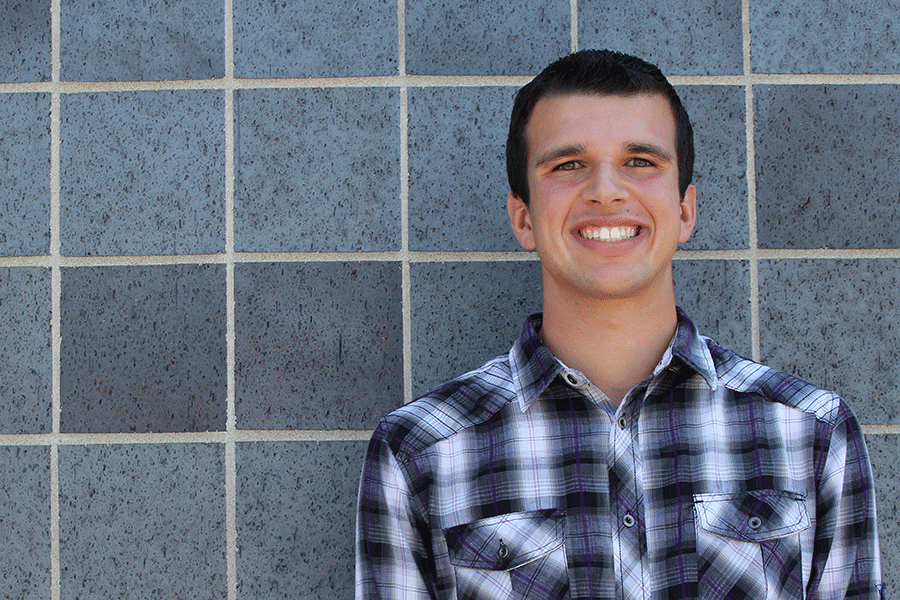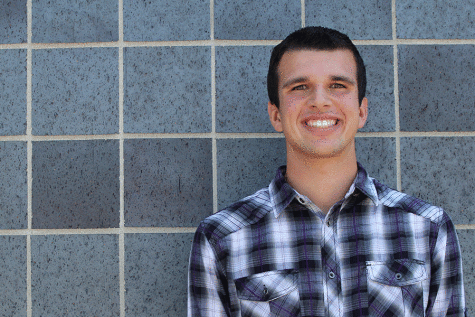Make it easier to identify as Native American
Native Americans should not have to prove racial identity through blood quantums or tribal enrollment status
September 21, 2015
In all honesty, filling out college applications isn’t too hard. Most of the questions I end up answering are simple ones about myself — where I live, what high school I go to, how I can be contacted, things like that. A few weeks ago, though, as I put the finishing touches on one of my applications, I ran into some difficulties from a question that seemed innocuous at first glance: the “race question.” After seeing I could check multiple races or ethnicities, an idea crossed my mind — should I check that I’m white and Native American?
Eventually, I decided to. I began editing my racial status on the rest of my college applications, a question crossed my mind: Why are Native Americans looked upon to provide evidence of their races through official documentation, while people of other racial and ethnic minorities are not? As someone who’s a fourth Native American, but doesn’t have a tribal enrollment number or blood quantum card, I often hesitate to identify as white and Native American on official documents, for fear that I’d have to prove it. If I were a quarter Asian, a quarter Hispanic or a quarter black, though, I likely wouldn’t be worrying about this. I’d know my heritage, and that would be it.
This is the problem with the way Native American identity is treated in the U.S. Often times, self-identifying as Native American, with valid reason, is not enough. Instead, many tribes require specific blood quantums or ancestral enrollment before allowing one to enroll tribally, and the Bureau of Indian Affairs refuses to acknowledge Native Americans enrolled in tribes not recognized by the federal government. For the over-2.5 million Native Americans in the U.S. who aren’t enrolled in a tribe but still identify with one, according to the BIA, this sends a message that we’re faking our racial identity. In a sense, it says that we’re no better than Rachel Dolezal, who infamously self-identified as black despite being ethnically white.
In a time where race is such a hotly-debated issue, being proud of one’s racial and ethnic identity is very important. While I try to have pride in my Native American identity, I only wish the federal government and tribes across the U.S. could make it easier for self-identifying Native Americans to have their identities justified.














